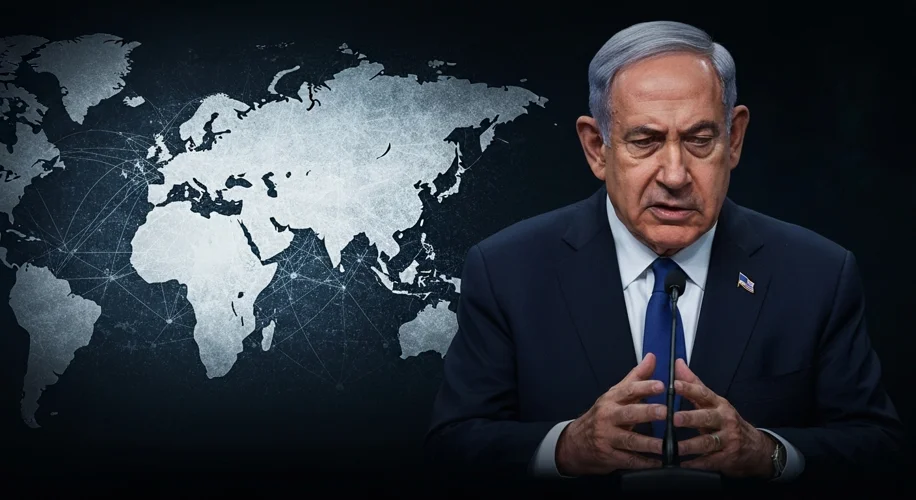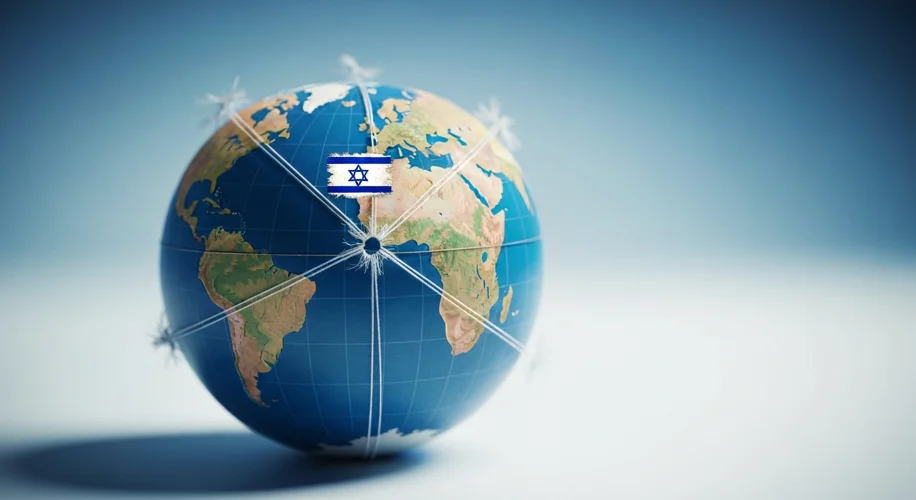In the tumultuous landscape of modern geopolitics, Israeli Prime Minister Benjamin Netanyahu recently articulated a stark reality: Israel is “paying the price” on the world stage due to the ongoing conflict in Gaza. This statement, delivered on September 8th, 2025, serves as a critical juncture in understanding the complex international repercussions of protracted warfare and its impact on a nation’s standing.
The roots of this “price” can be traced back to the immediate aftermath of the October 7th, 2023, Hamas attacks and Israel’s subsequent military response in Gaza. While the initial international reaction largely offered solidarity with Israel, the escalating humanitarian crisis and the staggering civilian death toll in Gaza have profoundly shifted global perceptions. The sheer scale of destruction, coupled with widespread reports of famine and displacement, has ignited fierce criticism from international bodies, human rights organizations, and a significant number of nations.
Netanyahu’s pronouncements highlight the palpable strain on Israel’s diplomatic relations. For months, the international community has been a chorus of concern, with many nations calling for a ceasefire, urging greater protection for civilians, and questioning the proportionality of Israel’s military actions. The United Nations, various European Union member states, and even traditional allies like the United States have expressed deep reservations about the conduct and consequences of the war. This has manifested in increased diplomatic pressure, public condemnations, and, in some instances, the threat or imposition of sanctions.

The “price” is not merely symbolic. It translates into tangible challenges for Israel. Its ability to forge new alliances or strengthen existing ones has been tested. The narrative surrounding Israel, once dominated by its technological prowess and democratic ideals, is now increasingly overshadowed by the grim realities of the conflict. This has created an environment where even routine diplomatic engagements are fraught with the need to address the Gaza situation, diverting attention and resources from other crucial foreign policy objectives.
Key actors in this unfolding drama include not only the direct belligerents – Israel and Hamas – but also the global powers that wield significant influence. The United States, historically Israel’s staunchest ally, has found itself in a delicate balancing act, supporting Israel’s security while also vocally advocating for de-escalation and humanitarian aid. European nations have shown a more diverse range of responses, with some maintaining strong support for Israel while others have adopted more critical stances. Meanwhile, many countries in the Global South have been particularly vocal in their condemnation, viewing the situation through a lens of historical injustices and the pursuit of self-determination.
The impact of this altered global standing is multifaceted. Economically, the prolonged conflict and the accompanying international scrutiny can deter foreign investment and disrupt trade. Culturally and socially, it fuels a growing boycott, divestment, and sanctions (BDS) movement, which, while controversial, reflects a significant segment of global public opinion. Perhaps most significantly, it impacts Israel’s soft power – its ability to attract and persuade through cultural appeal and shared values.
Netanyahu’s statement acknowledges a hard truth: the perception of Israel on the world stage has been undeniably altered by the events in Gaza. The narrative has shifted from one of a nation defending itself against terrorism to one grappling with severe international criticism over its conduct in a devastating war. The challenge for Israel, as articulated by its Prime Minister, is to navigate this complex international environment, to manage the consequences of its actions, and to redefine its global standing in a post-conflict era. The “price” is real, and its payment will likely continue to be felt for years to come, shaping alliances, influencing economic ties, and impacting Israel’s place in the world.
The long-term implications of this diminished global standing are still unfolding. Will Israel be able to repair its relationships with key international partners? Can it rebuild trust and reshape its image in the eyes of a critical world? These are the monumental questions that lie ahead, casting a long shadow over the nation’s future diplomatic and economic trajectory.

